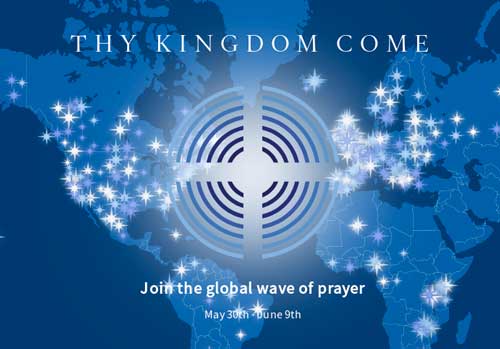
In the photo – Anna Jarvis and Julia Ward Howe who in the 19th century promoted the idea of mother’s day. Then 3 men who wrote about their moms, Lincoln, Edison and Churchill
This Sunday is Mother’s Day. Originally Mother’s day was less about Mom but the conditions she faced in being Mom. In wartime it became a peace movement. Finally, it became about Mom herself in our time.
In the late 1850s, Ann Jarvis established Mother’s Work Day, a day dedicated to teaching mothers how to better prepare food and clean so as to prevent disease. The mission was to improve sanitary conditions. This mission was driven by personal experience, as seven of her eleven children died before adulthood. Though personal, this experience was anything but unique in a time before vaccines and a widespread understanding of germ theory. They raised money for medicine and helped families with mothers suffering from tuberculosis, among other supports.





